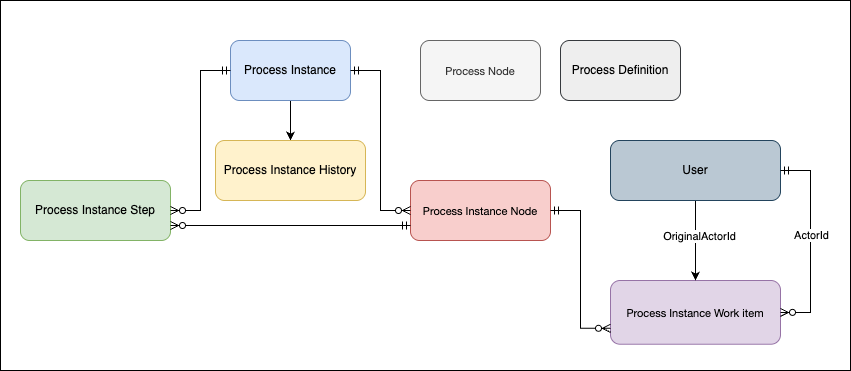(Salesforce Apex 2024 Release) InvalidHeaderException in Apex REST API
The reason you are
encountering the error InvalidHeaderException is due to a recently implemented
restriction that states that REST response headers defined in Apex via the RestResponse
must match API versions. RFC 7230 is used to validate the header names in the
addHeader(name, value) method.
Following the upgrade, many more restrictions have been
implemented; you can verify them by visiting the RFC 7230 validation page. Invalid
characters, including /(slash), are no longer accepted.
Below is a summary of the information found on the
validation page of RFC 7230:
- Header Field Syntax: Each header field consists
of a case-insensitive field name followed by a colon (":"),
optional leading whitespace, the field value, and optional trailing
whitespace.
- Field Extensibility: Header fields are fully
extensible, allowing the introduction of new field names, each defining
new semantics. Unrecognized header fields should be forwarded, except when
explicitly blocked by the Connection header field.
- Field Order: The order of header fields with
differing names is not significant. It's recommended to send header fields
with control data first for early message processing. Multiple header
fields with the same name are allowed, but their order matters when
interpreting the combined field value.
- Whitespace: Whitespace rules include OWS
(optional whitespace), RWS (required whitespace), and BWS ("bad"
whitespace). Implementations should adhere to proper whitespace rules.
- Field Parsing: Field values are not parsed until
a later stage of message interpretation, and no whitespace is allowed
between the field-name and colon. Obs-fold (line folding) should be
handled correctly.
- Field Limits: There is no predefined limit on the
length of each header field or the header section as a whole. However,
servers should reject overly large header fields, and clients may discard
or truncate excessively large header fields.
- Field Value Components: Header field values are
often defined using common syntax components, such as tokens,
quoted-strings, and comments. The backslash ("") can be used for
quoting within these constructs.
These restrictions and
guidelines ensure proper handling of header fields in HTTP, including RESTful
resources, and help maintain the integrity and consistency of HTTP messages.




Comments
Post a Comment